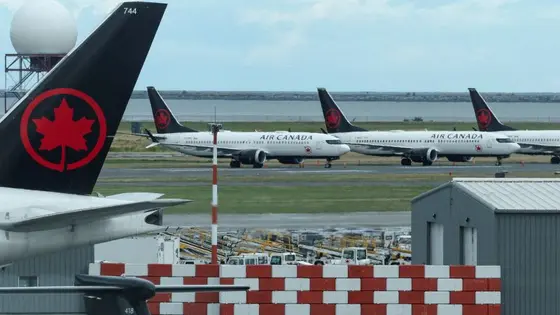T4K3.news
Air Canada halts restart after union defies order
Air Canada paused its restart plans after flight attendants defied a return to work order, affecting travel during peak season.
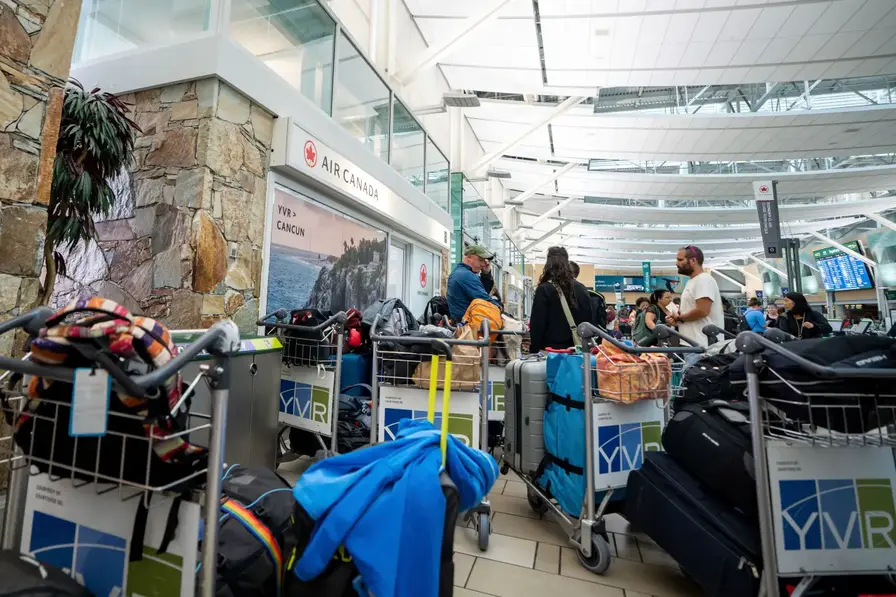
Air Canada suspends restart plans after flight attendants defy a government-directed return to work, prolonging a high-stakes labor clash during peak travel season.
Air Canada halts restart plan after union defies return directive
Air Canada said it would pause plans to restart operations on Sunday after the flight attendants union told members to defy a return to work order. The Canada Industrial Relations Board had ordered staff back by 2 p.m. local time, prompting Air Canada to stall its planned evening restart. The disruption adds to a travel bottleneck that had already affected about 130,000 travelers daily during the peak summer period. Passengers at Toronto’s Pearson airport voiced frustration as flights remained unavailable and alternative routes were sought.
The union, CUPE, argues the process is unfair and has signaled it will challenge the directive. Federal Jobs Minister Patty Hajdu said the government is monitoring the situation and underscored that the CIRB is an independent tribunal. The airline extended the existing collective agreement while arbitration decides a new deal, while the two sides remain far apart on pay and unpaid workload flown when aircraft are on the ground. Air Canada had offered a 38 percent, four-year package, which the union says does not sufficiently reflect inflation, pushing talks toward a government-backed arbitration route.
Key Takeaways
"We are saying no."
Mark Hancock outside Toronto's Pearson International Airport
"The whole process has been unfair."
Mark Hancock on the back-to-work process
"The CIRB is an independent tribunal."
Spokesperson for the government\'s Jobs Minister Patty Hajdu
"Don’t blame me, blame AC."
Flight attendants outside the departures terminal
The episode tests how Canada balances public travel needs with workers’ rights in a tense bargaining climate. Government intervention signals a willingness to enforce essential-airline operations, yet the confrontation risks alienating travelers and stirring political debate about labor power and economic stability. The clash may set a precedent for future disputes in critical sectors, especially when peak-season disruption is in play. The outcome could influence investor sentiment and the airline’s long-term reputation as a reliable carrier for customers and employees alike.
Highlights
- A long shutdown tests more than airline schedules
- Public trust hangs on the outcome of this labor fight
- Arbitration may soon decide when flights return
- Travel chaos shows how fast a pause can ripple
Labor dispute carries political and financial risk
The standoff involves government agencies and a major employer during a busy travel season, risking passenger disruption and investor sentiment. It signals how political decisions can shape economic outcomes when essential services are at stake.
The road ahead will test both sides as the arbitrator weighs the best path to restore service and stabilize travel
Enjoyed this? Let your friends know!
Related News

Air Canada restart halted as union defies order
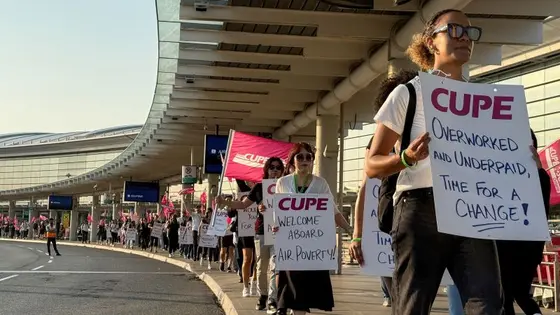
Air Canada strike continues after government order
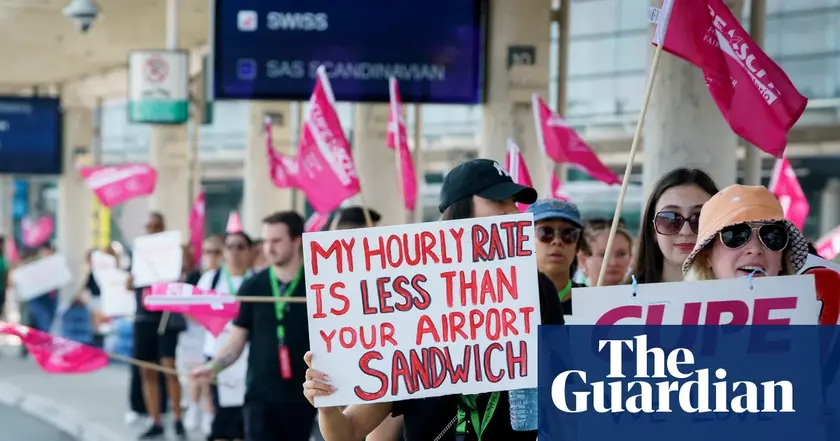
Air Canada strike escalates as government orders end to walkout
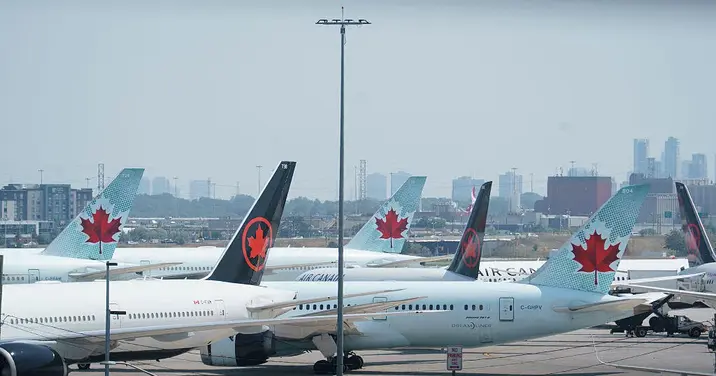
Air Canada delays resumption after strike
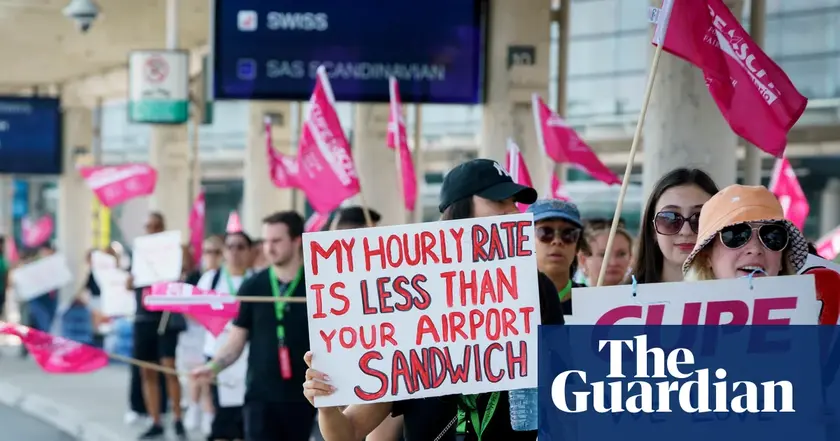
Air Canada strike ends as government orders return to work
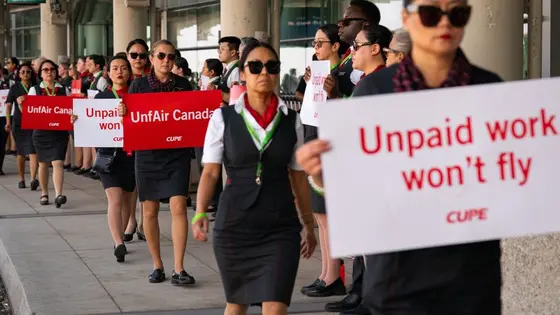
Air Canada lockout could disrupt weekend travel
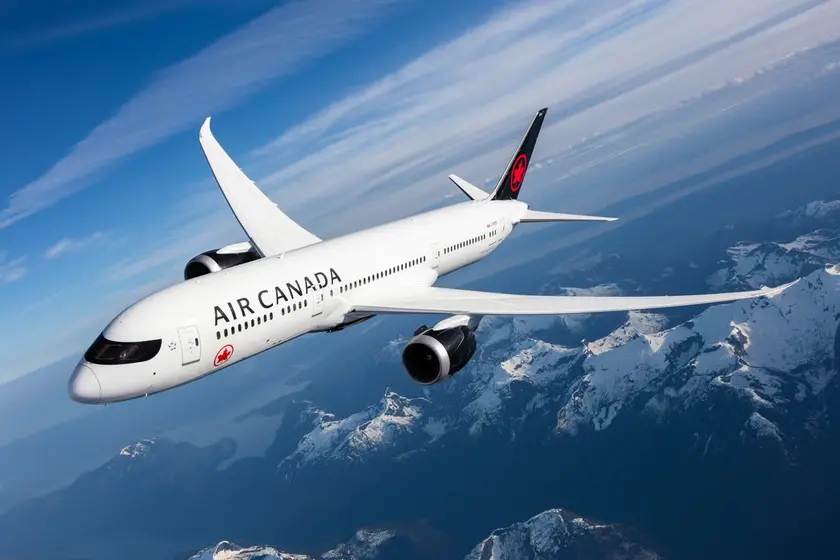
Air Canada shutdown looming
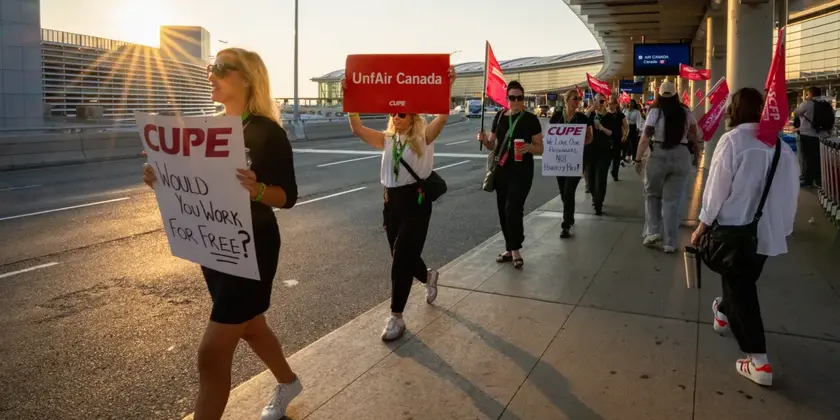
Air Canada arbitration ordered after strike
